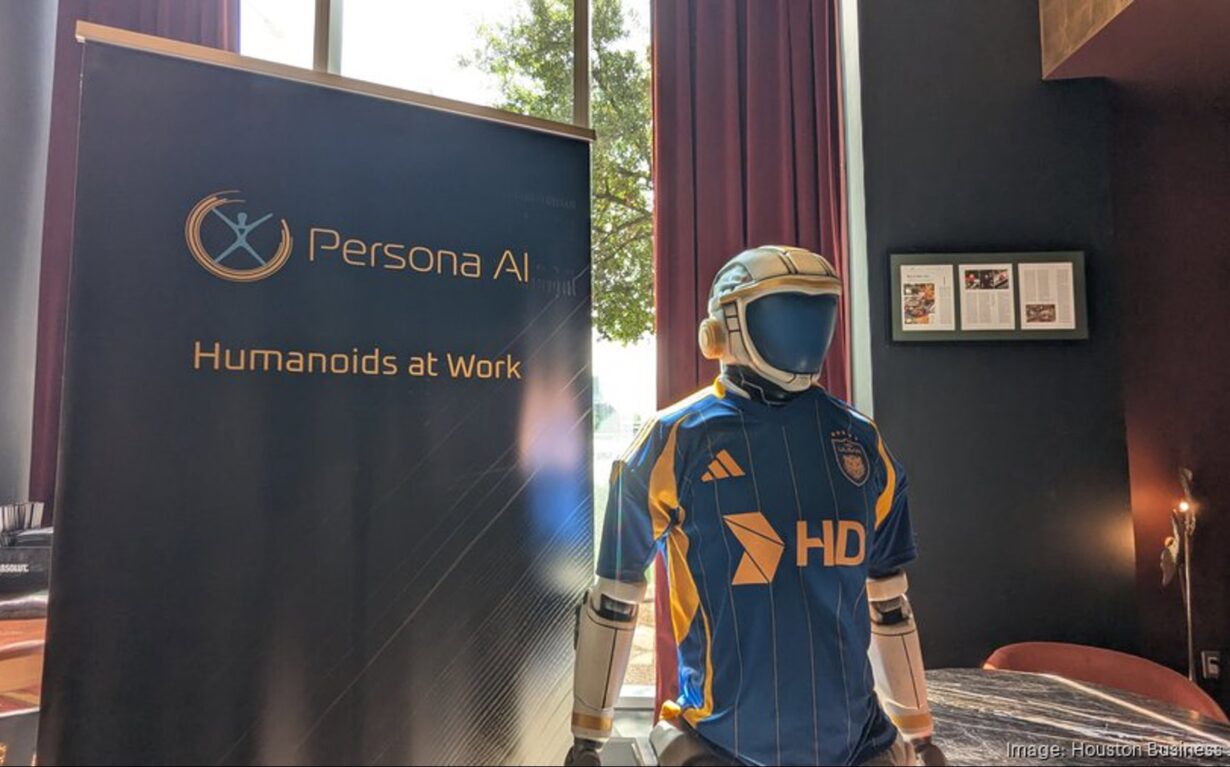A Capitalist Imperative
In capitalist economies, businesses are driven by the imperative to maximize profits. Investing in automation, such as humanoid robots, allows companies to reduce labor costs, increase efficiency, and minimize risks associated with human workers. This trend reflects a broader shift where capital increasingly replaces labor, not necessarily to benefit society at large, but to enhance returns on investment for capital owners.
Economist Paul Krugman has discussed this phenomenon, noting a shift in income distribution away from labor towards capital, exacerbated by automation and technological advancements . As machines become more capable, the demand for human labor diminishes, leading to job displacement and wage stagnation for workers.en.wikipedia.org
The Human Cost of Automation
The deployment of robots in industries like shipbuilding is often justified by the need to perform “3D” tasks—dirty, dangerous, and demeaning. While this can improve safety, it also leads to job losses in sectors that have traditionally provided stable employment. For instance, research from MIT indicates that for every robot added per 1,000 workers, employment-to-population ratios decrease, and wages decline .Interesting EngineeringMIT Sloan
This displacement disproportionately affects workers who rely on their labor for income, widening economic inequality. As capital owners reap the benefits of automation, displaced workers often face limited opportunities, leading to social and economic challenges.
Capitalism’s Optimization: Profit Over People
The core issue lies in capitalism’s inherent drive to optimize for profit. Automation is not pursued to alleviate human toil but to enhance efficiency and profitability. This focus can lead to scenarios where technological advancements benefit a select few, while the broader workforce faces unemployment and diminished prospects.
As noted in discussions about the future of work, without deliberate policy interventions, the benefits of automation are unlikely to be equitably distributed . This underscores the need for systemic changes to ensure that technological progress serves the broader interests of society.
Rethinking the Social Contract
To address the challenges posed by automation, there is a growing call to renegotiate the social contract. Proposals include implementing universal basic income (UBI) to provide financial security in a post-labor economy, promoting public or cooperative ownership of AI technologies, and enacting progressive taxation on capital gains derived from automation .en.wikipedia.org+5arXiv+5businessinsider.com+5
These measures aim to redistribute the economic gains from automation, ensuring that technological advancements contribute to shared prosperity rather than exacerbating inequality.


